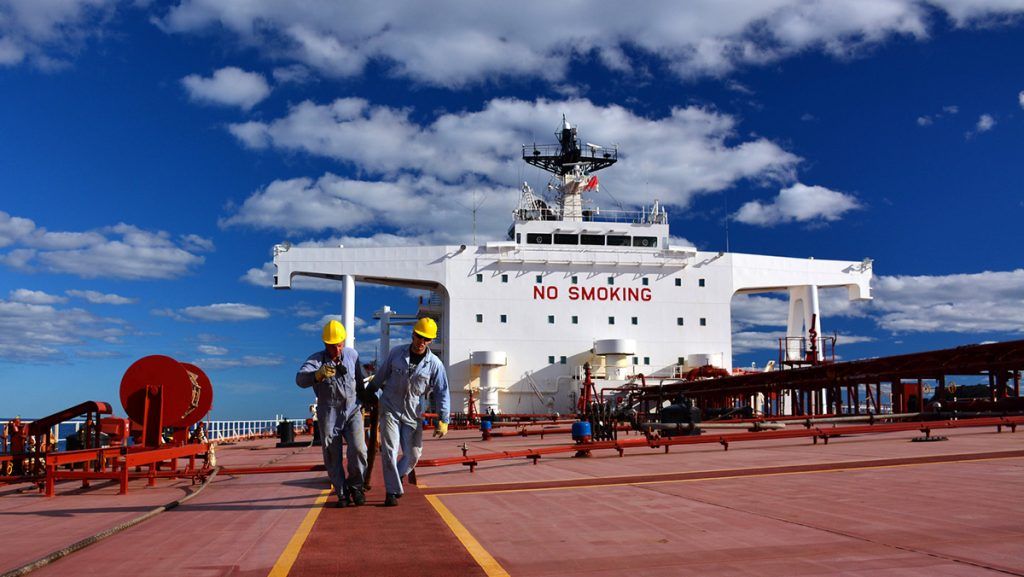Shipping and Seafarers are vital to the world’s supply chains and economy, transporting more than 80% of world trade by volume, highlighted a UNCTAD report.
Around 1.9 million seafarers work to facilitate the way people live, and during the Covid-19 pandemic seafarers have continued to demonstrate great professionalism and dedication, helping to deliver food, medical supplies, fuel and other essential goods, and keep supply chains and global trade running.
Recognizing this, key shipping stakeholders, including international bodies, governments and industry, have issued guidance and recommendations to support seafarers during the pandemic.
The goal is to ensure that seafarers are protected against Covid-19, are medically fit and have access to medical care; that ships and port facilities comply with international sanitary requirements; that seafarers are recognized as key workers; and that they be vaccinated as a priority.
However, the pandemic has seriously disrupted crew changes.
Seafarers
Each month, according to UNCTAD, a large number of seafarers need to be changed to avoid fatigue and comply with international maritime standards for safety, health and well-being of the crew.
To protect public health, as variants of the virus emerge, governments continue to impose border closures, blockades, and preventive measures that include suspending crew changes and prohibiting crews from disembarking at port terminals.
Due to these restrictions and a shortage of international flights, even a year after the pandemic, hundreds of thousands of seafarers remain stranded at sea, well beyond the expiration of their contracts.
As of yet, there is no global consensus on uniform measures that can allow for efficient crew changes and transfers.
The social partners, international organizations and industrial bodies have expressed concern about this humanitarian crisis.
The IMO, ILO, ICS, ITF and UNCTAD have urged member states to designate seafarers and other maritime personnel as key workers and accept their identity documents as proof of this status.
They have also called for greater flexibility for ship owners and managers to divert ships and call at ports where it is possible to change crews, without imposing penalties.
![]()

